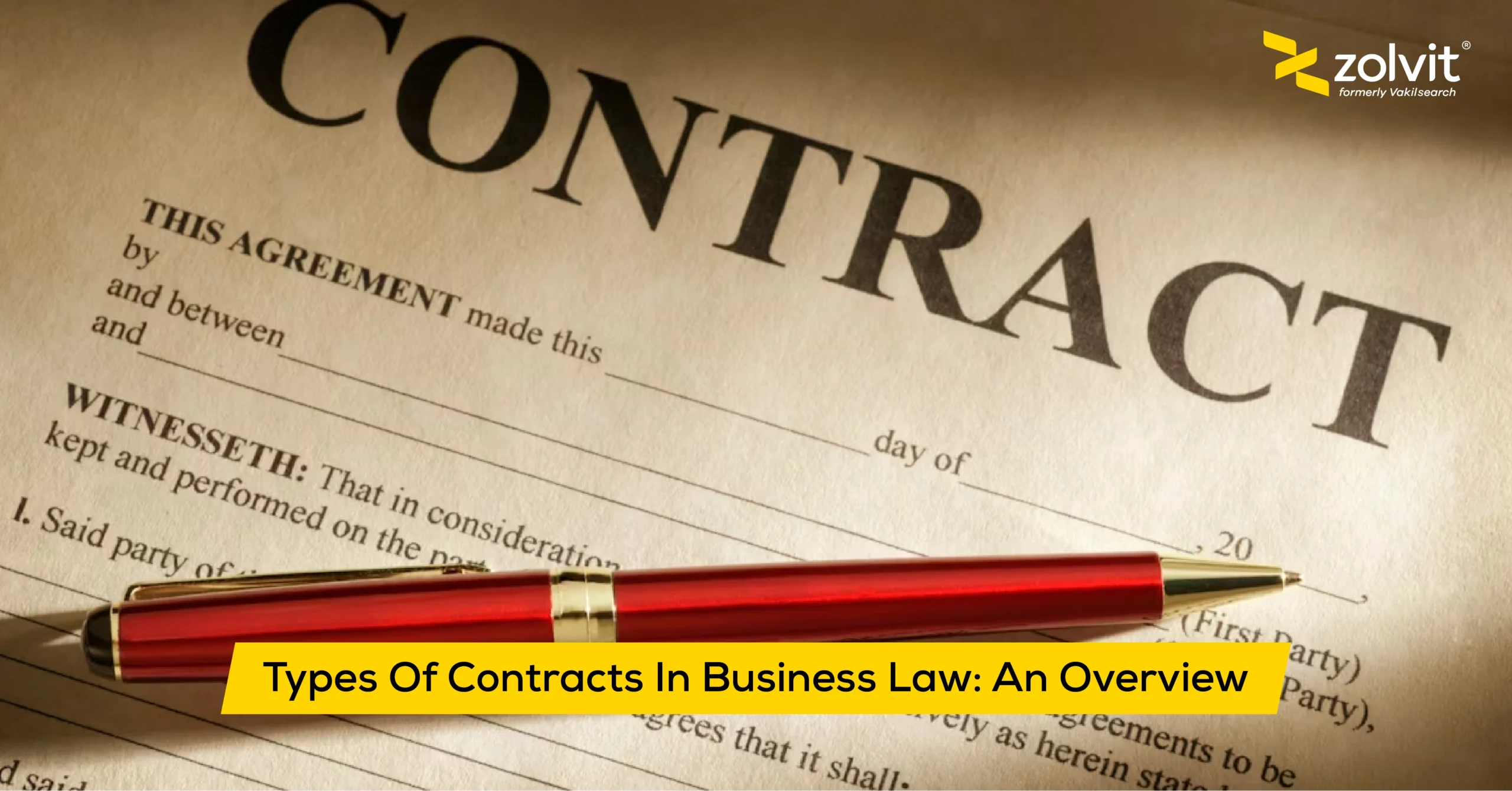Trademark parody and satire are different legal concepts that can cause very unique problems that often require specialised legal assistance. Solving those problems will require an understanding of both the art of creating successful parodies and what is protected under trademark law. Listed below are seven legal services that will aid you in trademark parody and satire disputes.
Mediation
Mediation is a neutral third-party-facilitated negotiation. To assist in resolving trademark parody or satire disputes, it helps the parties reach a mutually acceptable agreement. Mediation is a form of alternative dispute resolution in which those involved are encouraged to work constructively towards an agreement under the guidance of professionally skilled Lawyers peacefully and with understanding that most court cases lead to further expenses.
Arbitration
Arbitration is assumed to be represented by one or more arbitrators who render their decision based upon all of the documents presented in an arbitral setting. It is also generally faster and more flexible than traditional litigation, making it a great way to resolve trademark parody and satire issues. Our experts provide full support in this case.
Litigation
Litigation includes taking disputes with regard to trademark parody or satire to a court of law. This responsibility includes filing lawsuits, introducing evidence, and securing court decisions in order to resolve legal disputes.
Proving Transformative Use
Defendable use is a defence to an accusation of trademark parody. This requires showing that the parody adds something new to an already existing form of expression and is unlikely to have little or no effect on the market for its initial work.
Asserting Parody Defence
Lawyers protect the use of a trademark in terms that qualify such usage as imitating or commenting. This defence that frames parody as justifying the legal use of someone else's trademark.
Injunctions
Injunctions are court orders telling someone they cannot use a trademark. Temporary or permanent inductions help to prevent any further unauthorised use.
Compensation for Damages
A claim for compensation means a demand for monetary relief due to the unauthorised use of a trademark. Including restoring or rectifying the financial state of the trademark owner while also making amends for any losses.







